Thien Cam commune has just recorded a case of malaria returning from Angola. The patient had symptoms of high fever and chills and went to a private clinic in the area for examination and treatment but was not diagnosed with malaria. When the disease progressed seriously, the family took him to Ha Tinh General Hospital for examination. Here, the patient's blood sample was taken for testing and the result was positive for malaria parasites.
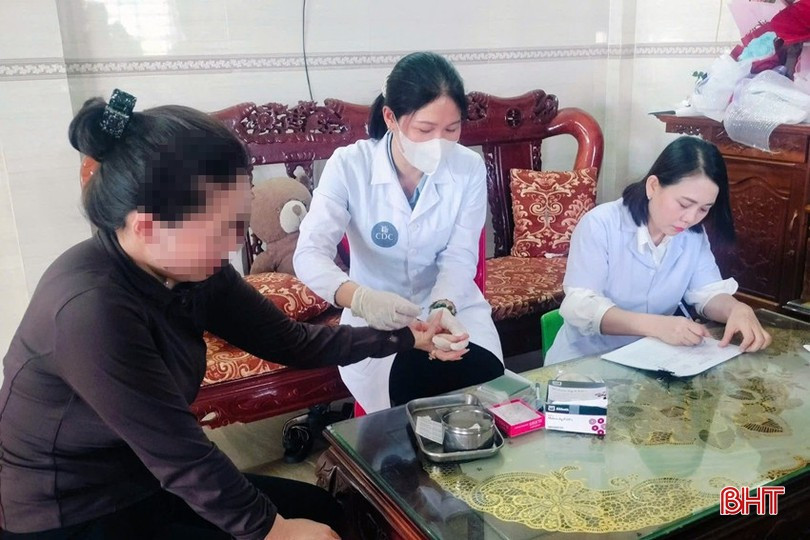
Immediately after determining that this was a case of gametocytic malaria (a form that can spread to the community through malaria mosquitoes sucking the patient's blood), the Ha Tinh Center for Disease Control (CDC) coordinated with Cam Xuyen Medical Center and Thien Cam Commune Health Station to urgently isolate and monitor cases in close contact with the patient, especially family members and surrounding households. Organized an investigation to capture and identify malaria mosquitoes, continued to expand the epidemiological investigation and sprayed chemicals to kill mosquitoes at the patient's family and surrounding households where the patient lived. At the same time, more than 60 blood smears were taken from family members and households in the adjacent area to test for malaria parasites.
This is the sixth imported malaria case detected in Ha Tinh since the beginning of 2025. This raises concerns about the risk of the disease returning and spreading in the community if not detected promptly.
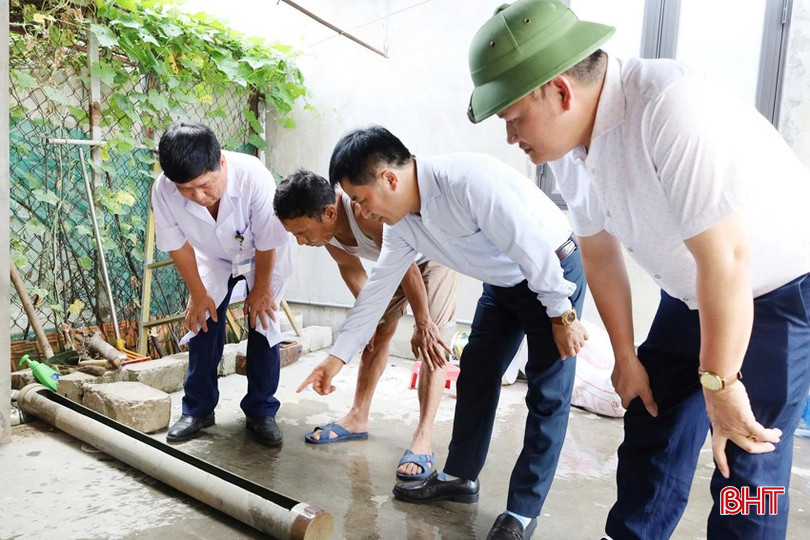
Not only malaria, Ha Tinh has also recorded imported dengue fever cases. Accordingly, since the beginning of the year, the whole province has recorded 8 imported dengue fever cases, mainly concentrated in localities such as: Thien Cam commune, Ky Xuan commune and Hoanh Son ward.
Dr. Nguyen Chi Trung - Head of the Department of Infectious Disease Prevention, CDC Ha Tinh said: Although there has been no outbreak recorded so far, through monitoring and investigation of vectors in localities, it shows that there are still some households that do not pay attention to disease prevention and control, objects and waste containing water, the rate of larvae in waste containing water is high, posing a potential risk of transmitting dengue fever.
According to the health sector, hot and rainy weather conditions will create favorable conditions for mosquitoes to develop, leading to the risk of spreading pathogens. If proactive measures are not taken to prevent and control the disease, it is very likely that the dengue fever situation in some localities in the province will become complicated, unpredictable and occur earlier than in previous years.
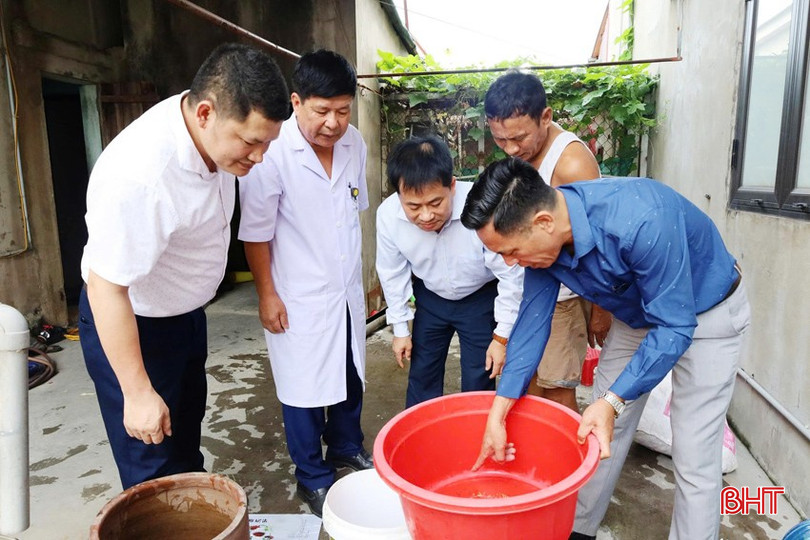
Master Nguyen Chi Thanh - Director of CDC Ha Tinh emphasized: "Although so far, imported malaria and dengue fever cases have not spread in the community, it is still a warning bell about the potential risk of the disease. In particular, in the area there are still Anopheles mosquitoes that transmit malaria and Aedes mosquitoes that transmit dengue fever. To prevent and control dengue fever and prevent the risk of malaria returning, in addition to the efforts of the health sector, it requires the cooperation of departments, branches, organizations, especially the awareness of each citizen.
Accordingly, people need to proactively prevent and fight the epidemic by destroying disease vectors. Best implement the motto "no Aedes mosquitoes, no larvae, no dengue fever". Actively clean the house, yard, turn over unnecessary water containers, kill larvae, kill mosquitoes. When sleeping, use mosquito nets to prevent mosquito bites... People returning from areas with malaria need to go to medical facilities for health check-ups. When suspecting malaria or dengue fever, they need to go to medical facilities for examination, testing and timely treatment to avoid possible unfortunate complications and limit the spread in the community.
Source: https://baohatinh.vn/can-trong-voi-cac-ca-benh-sot-xuat-huet-va-sot-ret-ngoai-lai-post291503.html



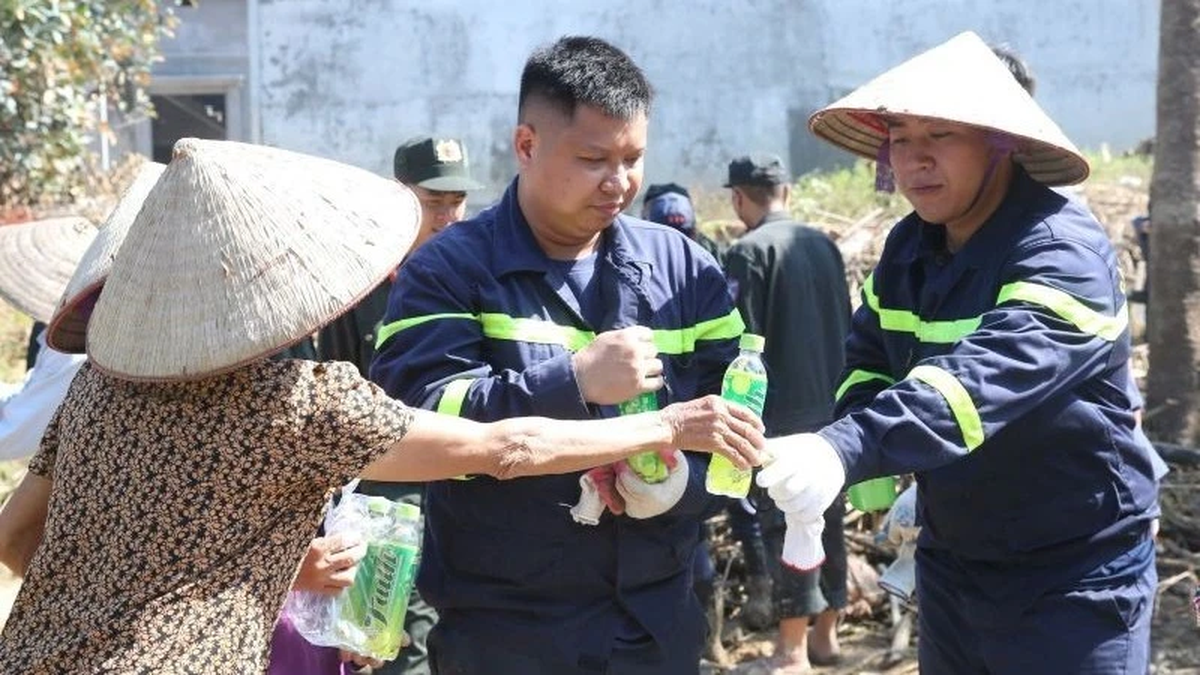

![[Photo] Closing ceremony of the 18th Congress of Hanoi Party Committee](https://vphoto.vietnam.vn/thumb/1200x675/vietnam/resource/IMAGE/2025/10/17/1760704850107_ndo_br_1-jpg.webp)
![[Photo] General Secretary To Lam attends the 95th Anniversary of the Party Central Office's Traditional Day](https://vphoto.vietnam.vn/thumb/1200x675/vietnam/resource/IMAGE/2025/10/18/1760784671836_a1-bnd-4476-1940-jpg.webp)
![[Photo] Collecting waste, sowing green seeds](https://vphoto.vietnam.vn/thumb/1200x675/vietnam/resource/IMAGE/2025/10/18/1760786475497_ndo_br_1-jpg.webp)




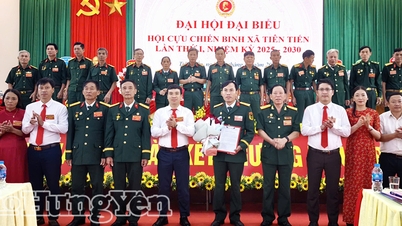






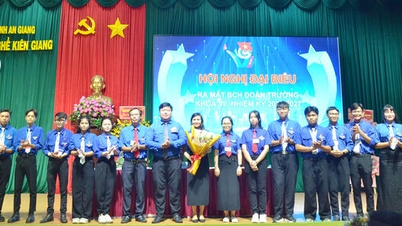
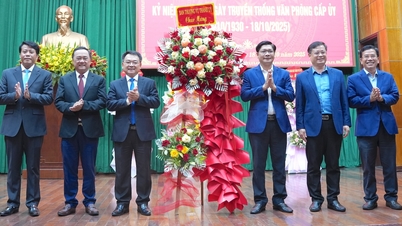

































































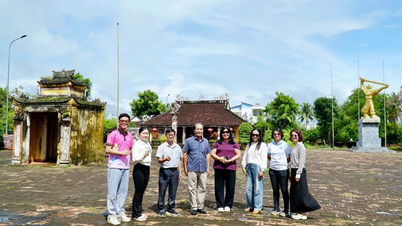

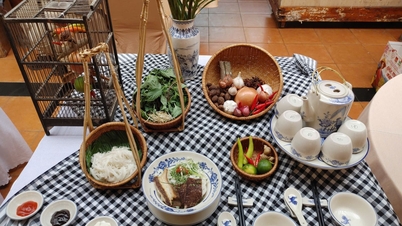
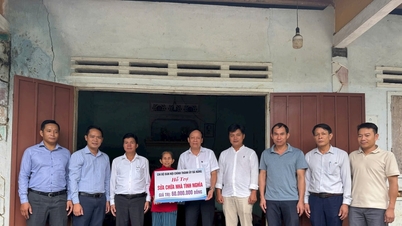















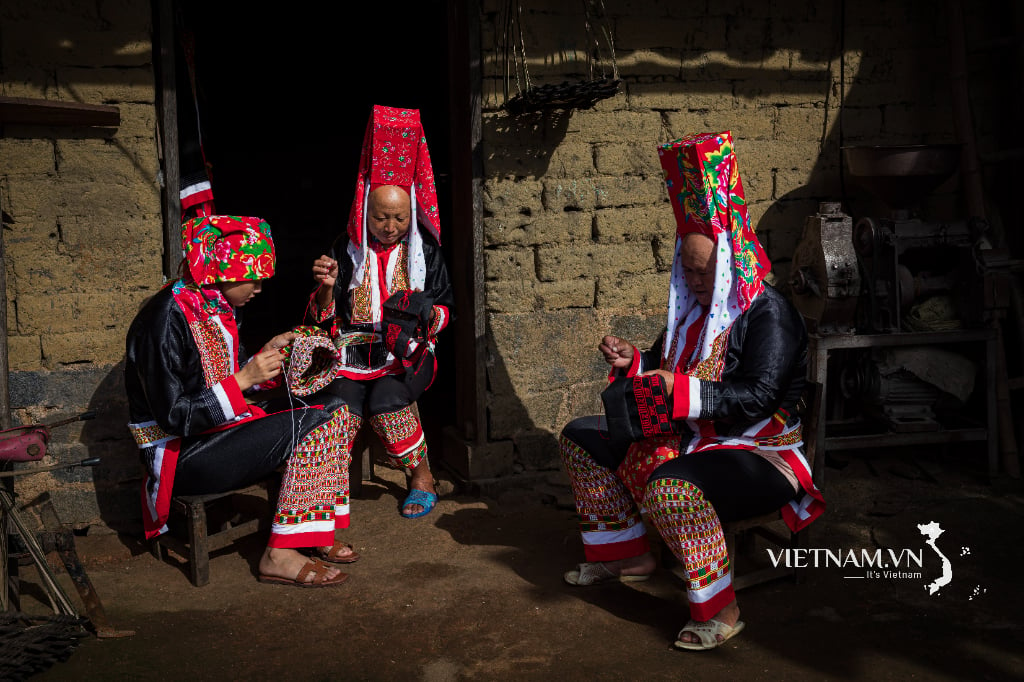

Comment (0)